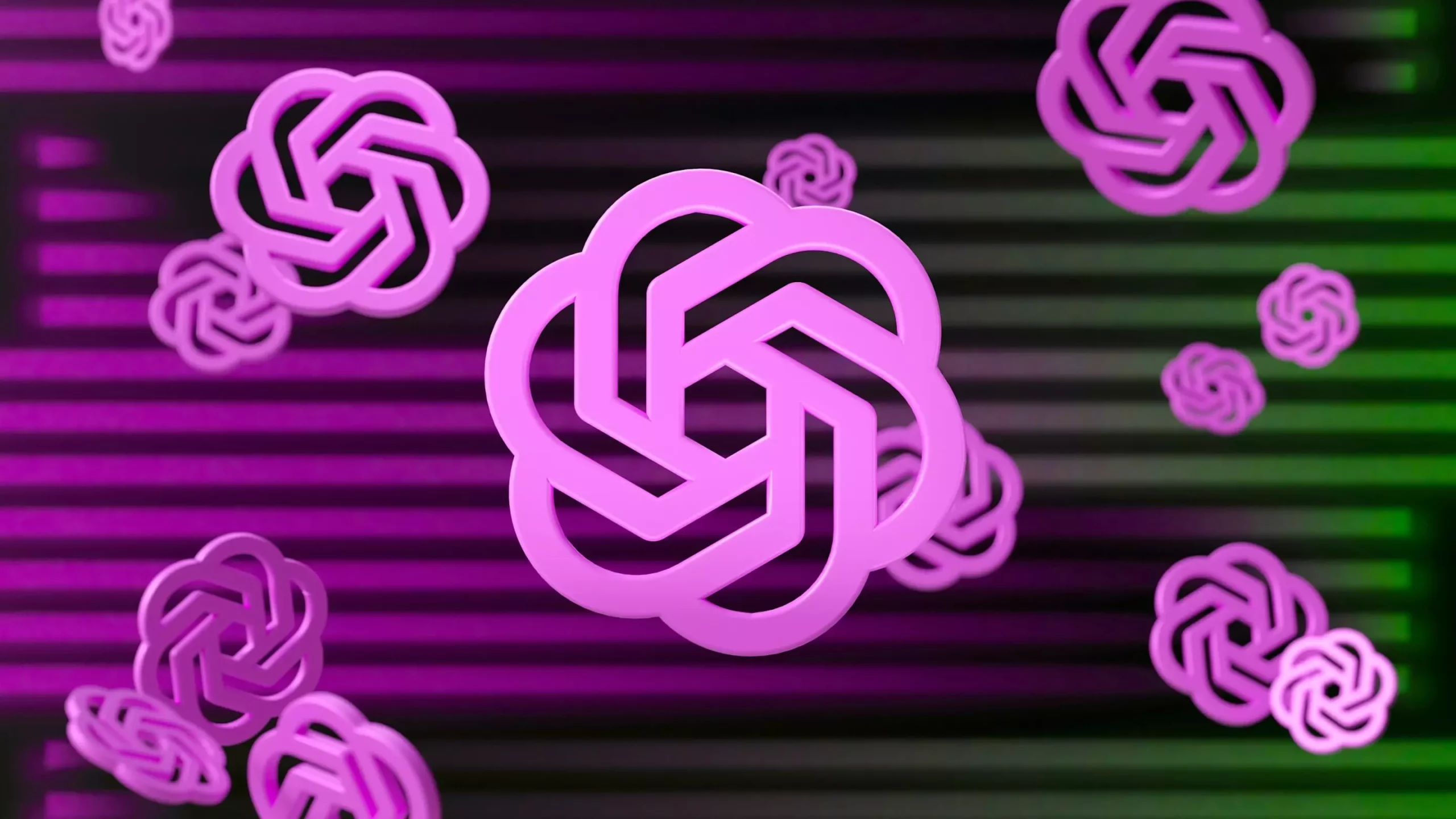Tyler Perry, the renowned filmmaker, has recently expressed his concerns about the impact of artificial intelligence on the traditional film-making industry. Perry has put a halt on an $800 million expansion plan for his 330-acre studio in Atlanta, citing fears that advancements in video-related AI could potentially reduce the demand for physical sets and location shoots in the future. This decision comes in the wake of the unveiling of OpenAI’s new text-to-video model, Sora, which showcased impressive AI-generated videos that left many in awe.
Perry, who not only produces his own projects but also rents out his studios to other major studios, recognizes the potential disruptive nature of AI in the industry. He emphasized the groundbreaking capabilities of AI technology, stating that filmmakers may no longer need to invest in constructing elaborate sets or conducting location shoots if AI continues to evolve. The drastic implications of this technological advancement have raised concerns for Perry regarding the future of the entertainment business and the livelihoods of professionals working in various sectors of the industry.
Perry’s decision to hold off on expanding his studio facilities reflects a broader trend that may soon permeate the entire entertainment industry. As AI technology becomes more sophisticated and versatile, the need for traditional production methods could diminish significantly. This shift has the potential to impact not only filmmakers and actors but also individuals working in production, sound, editing, and various other technical roles within the industry.
The looming threat of AI automation in film-making has prompted Perry to call for unity within the entertainment sector, emphasizing the need for collective action and advocacy to safeguard the interests of industry professionals. He contends that regulations are necessary to protect the industry from the disruptive effects of AI technology, warning that the survival of traditional practices may be at stake if proactive measures are not taken.
Despite his apprehensions about AI, Perry acknowledges the practical benefits of leveraging technology in certain aspects of film production. He revealed that he has already utilized AI technology to digitally alter his appearance in forthcoming films, bypassing the need for extensive makeup sessions. This demonstrates a willingness to adapt to emerging technologies while also recognizing the potential drawbacks they may entail for the industry at large.
Perry’s nuanced perspective underscores the complex dynamics at play as the entertainment landscape evolves in response to technological innovations. The proliferation of streaming services, changing consumption patterns, and escalating competition have forced industry players to reassess their strategies and embrace digital transformations. Perry’s decision to postpone his studio expansion serves as a poignant reminder of the delicate balance between innovation and tradition in the ever-evolving film industry.
As the entertainment world grapples with the ramifications of AI integration, industry leaders like Tyler Perry are at the forefront of shaping the future of film-making. The rapid pace of technological advancement poses both opportunities and challenges for filmmakers, requiring a strategic approach to navigate the shifting landscape effectively. While concerns about job displacement and industry disruption loom large, the creative resilience of artists and professionals within the industry will undoubtedly fuel innovative solutions and new avenues for growth.
Tyler Perry’s decision to scale back his studio expansion in response to AI advancements highlights the need for proactive dialogue and collaborative action within the film industry. By embracing technological innovations while advocating for regulatory safeguards, industry stakeholders can foster a sustainable ecosystem that balances creativity, innovation, and tradition in the digital age. The evolving relationship between artificial intelligence and film-making underscores the imperative for industry-wide solidarity and strategic adaptation in an era of unprecedented technological change.


Leave a Reply